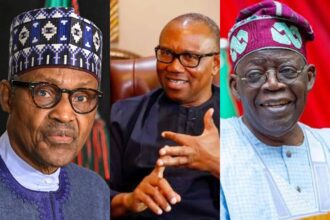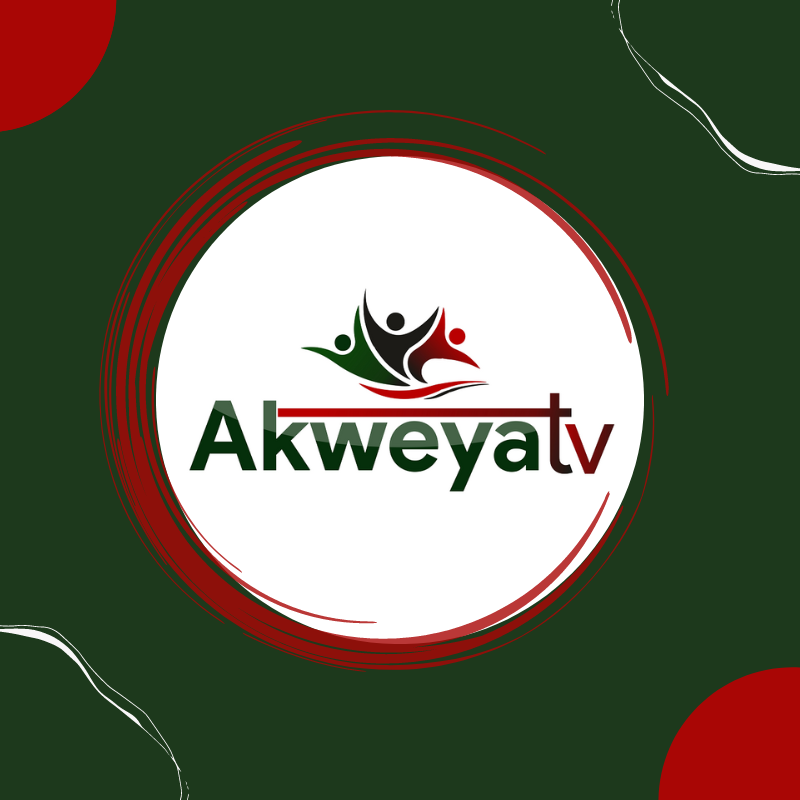In a nation struggling with complex security challenges and recurrent violent conflicts, a proactive approach to conflict resolution is significant and imperative, and this essentially involves improvement in communication and sharing of information. The recently concluded National Strategic Stakeholders’ Engagement Workshop for an Effective Early Warning Early Response System in Nigeria is a promising stride towards a more peaceful and stable nation. Held on August 1st, 2023, at the IPCR Conference Hall in FCT Abuja, the workshop was a collaborative effort involving the Institute for Peace and Conflict Resolution (IPCR), USAID, Mercy Corps Nigeria, WANEP Nigeria, and other esteemed partners.

The primary focus of the workshop was to sensitise key stakeholders and bolster their ability to respond effectively to early warning signals of conflicts. At the forefront of these efforts is the establishment of the National Conflict Early Warning Response Group (EWRG) during the workshop, and this holds the potential to revolutionise Nigeria’s approach to conflict resolution and peacebuilding when operationalised. As we explore the critical aspects of the workshop and the creation of the EWRG, the urgent need for support for such measures becomes clearer.
Opening the workshop, Amb. Adamu Ibrahim Lamuwa, the Permanent Secretary of the Ministry of Foreign Affairs, emphasised the significance of the gathering. Dr Joseph Ochogwu, the Director General of the IPCR, echoed this sentiment in his welcome address, highlighting the institute’s mandate to foster peace, prevent, manage, and resolve conflicts. Brigadier General Saleh Bala (Rtd), who chaired the occasion further underscored the importance of the workshop through his insightful remarks.
The workshop’s agenda encompassed various keynote addresses and technical sessions, including the Imperative of Early Warning Response Group (EWRG) in Enhancing the Effectiveness of Conflict Early Warning Early Response System in Nigeria. These discussions delved into the challenges inherent in the current system and the vital role the EWRG can play in addressing them.
The absence of national policies on early warning and response contributes to the perpetuation of conflicts.
One of the key observations made during the workshop was the existence of gaps between early warning and early response, often resulting in late interventions. This, coupled with a lack of coordination among security agencies and the absence of national policies on early warning and response, contributes to the perpetuation of conflicts. Additionally, inadequate training of personnel, insufficient funding, and mistrust between certain communities and security agencies further exacerbate the issue.
Addressing these concerns requires a multi-faceted approach. The workshop participants put forth an array of recommendations to enhance the effectiveness of the early warning and early response system. Establishing early response warning teams across the country, extending discussions to the sub-national level, and facilitating joint meetings of state executives were some of the proposed solutions. Encouraging local ownership, integrating tactical and strategic early warning approaches, and promoting community-based reporting are vital steps towards a more efficient system.
The creation of the National Conflict Early Warning Response Group (EWRG) stands as a cornerstone of this endeavour. The inauguration of the EWRG by Dr Joseph Ochogwu marks a crucial milestone in Nigeria’s conflict prevention strategy. With its mandate to coordinate and ensure effective responses to early warning reports across the nation, particularly in the PARTNER programme states, the EWRG holds the potential to bridge the gap between early warning and early response.

PARTNER is the Peace Action for Rapid Transformative Nigerian Early Response programme that the IPCR is leading a consortium of organisations to implement. The PARTNER consortium members, other than the Institute for Peace and Conflict Resolution, Mercy Corps Nigeria and West African Network for Peacebuilding, includes the Plateau Peacebuilding Agency, Kaduna State Peace Commission, Kukah Centre, Katsina State Peace Committee, Kano State Peace Committee and Mambayya House. It is sponsored by the United States Agency for International Development, USAID.
The enhanced early warning early response system established under the project will be in 9 states categorised into three tiers: Plateau and Kaduna (Tier 1); Benue, Katsina, Kano and Nasarawa (Tier2); Kogi, Niger and Zamfara States (Tier 3). The PARTNER project has three components, which are a) conflict early warning; b) social cohesion; and c) peacebuilding.
It is important to acknowledge that the challenges Nigeria faces extend beyond conventional security measures. Factors such as unemployment, human rights violations, and environmental conditions contribute to structural violence and conflict. The EWERG’s comprehensive approach, which incorporates a wide range of stakeholders, acknowledges the need to address these underlying issues for long-term peace and stability.
In a country grappling with diverse security challenges, the importance of the EWERG cannot be overstated. Its coordination efforts can lead to more streamlined communication between various security agencies and non-security stakeholders. This coordination will enable a faster and more effective response to early warning signals, preventing conflicts from escalating into violence. Moreover, the commitment to integrating gender-sensitive indicators in early warning and involving local communities in peace-building activities is commendable.
It is important to acknowledge that the challenges Nigeria faces extend beyond conventional security measures. Factors such as unemployment, human rights violations, and environmental conditions contribute to structural violence and conflict. The EWERG’s comprehensive approach, which incorporates a wide range of stakeholders, acknowledges the need to address these underlying issues for long-term peace and stability.
In conclusion, the National Strategic Stakeholders’ Engagement Workshop for an Effective Early Warning Early Response System in Nigeria marks a promising stride towards a more peaceful nation. The establishment of the National Conflict Early Warning Response Group (EWRG) reflects the commitment of stakeholders to bridge the gap between early warning and early response. By coordinating efforts across security and non-security sectors, the EWRG holds the potential to transform Nigeria’s approach to conflict resolution and peacebuilding. As the nation stands at the cusp of change, the collective efforts of all involved parties inspire optimism for a safer, more peaceful Nigeria.

















